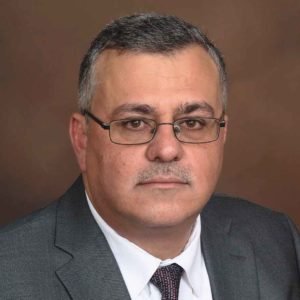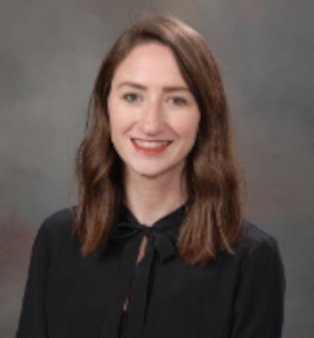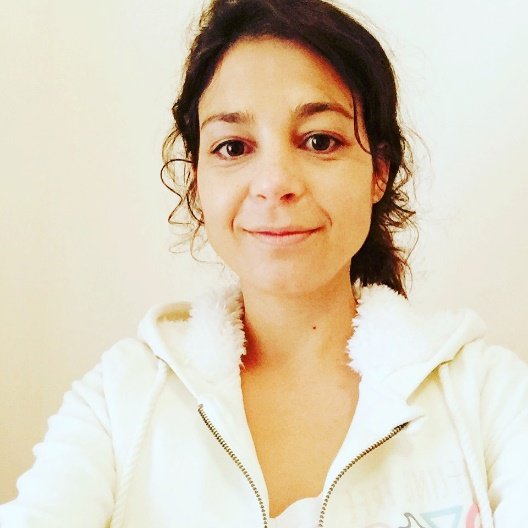New Members of the User Forum for 2021
The NHERI User Forum committee is composed of respected members of the NHERI community to provide a voice in how the network is governed. from the perspective of researchers and practioners. Each year as some members end their term serving the committee, nominations are received and an election open to any member of the NHERI community is held. Following this year's election, three new members will be joining the User Forum:

Yazen Khasawneh
University of Notre Dame
Industrial experience in the design, construction, and retrofit of onshore wind turbine foundations, underground structures, deep foundations, geodesigns, slope stabilization, and foundations
Dr. Khasawneh is an associate teaching professor at the Department of Civil and Environmental Engineering and Earth Science (CEEES) at the University of Notre Dame. Khasawnehs research group at Notre Dame, Soil-Structure Interaction and Machine Learning, focuses on conducting research to lower the Levelized Cost of Electricity (LCOE) from renewable sources and to design safer structures under extreme loading conditions. The research group utilizes advances in computational methods and machine learning to achieve the objectives. He serves in various technical committees within GI (Computational Geotechnics, and Soil Properties and Modeling) and DFI (Deep Foundations for Landslides/Slope Stabilization, Seismic & Lateral Loads). Dr. Khasawneh authored and co-authored several publications and reports on numerical simulations and delivered relevant talks across the US. Before joining Notre Dame, Dr. Khasawneh worked in the industry for over 15 years. He has extensive industrial experience in the design, construction, and retrofit of onshore wind turbine foundations, underground structures, deep foundations, and foundations for high rise buildings. His expertise is in soil-structure interaction, structural and soil response to dynamic loading, development of constitutive models, forensic engineering, testing through various scales, and instrumentation. Dr. Khasawneh received his PhD and MS degrees in civil engineering from Purdue and University of Illinois, respectively. He received his bachelors degree Jordan University of Science and Technology. He is registered Professional Engineer in the state of Michigan.

Stephanie G. Paal
Texas A&M University
Structures, machine learning and vision, and other disruptive technologies
Dr. Paal joined the faculty at Texas A&M in the fall of 2016 after completing a post-doctoral fellowship at the Ecole Polytechnique Federale de Lausanne (EPFL) in Switzerland. She received her masters and doctoral degrees in civil engineering from the Georgia Institute of Technology in 2011 and 2013, respectively. Additionally, she received a BS in Architectural Engineering from the University of Texas at Austin in 2009. Dr. Paal has extensive background knowledge and expertise in machine learning and machine vision and applications of these technologies in infrastructure and structural condition assessments and other infrastructure-related practices. Her research focus is on mitigating the effects of natural and manmade disasters on our built infrastructure by integrating traditional civil engineering practices with emerging techniques and technologies. Her current research interests are towards hybrid artificial intelligence-physics-based approaches, understanding the impact of integrating artificial intelligence models and methodologies in civil engineering design, analysis, and evaluation operations, and developing advanced modeling approaches grounded in real-world data. Her research has been supported by numerous state and federal agencies such as the National Cooperative Highway Research Program, Texas Department of Transportation, the National Association of Home Builders, and the National Science Foundation. She has 22 journal papers published or under review, five published book chapters, and has been invited to speak regarding her research over 35 times nationally and internationally. In 2020, she was granted an NSF Early CAREER award for her research towards enhancing our understanding of our infrastructures performance under natural hazards by leveraging available experimental data and artificial intelligence.

Cláudia Reis
University of Lisbon
Structural engineering, earthquake engineering, and tsunami engineering
Cláudia Reis is a PhD candidate at Instituto Superior Técnico, Lisbon University, and a guest researcher of the ESC4SHI scientific project. Her research focuses on the behavior of structures due to earthquake and tsunami actions. Her areas of expertise include structural engineering and earthquake engineering.







